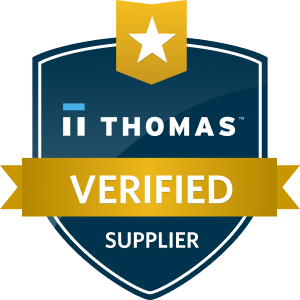Ecological base material made of natural flax fibers
Ecological benefits and sustainability
Flax is the oldest cultivated plant in the world!
It is a natural raw material whose fibers enjoy great popularity in the production of textiles.
What are the reasons therefore?
The flax plant itself naturally possesses properties that especially help our flax products have enormous natural given advantages. Flax fibers are plain and therefore, textile products made of flax are lint-free and less susceptible to bacteria and dirt. Moreover, the fibers can absorb 35% of the air humidity and release it as necessary. The flax fiber is tear-resistant and therefore, sturdy and durable. Vibration dampening and insulating properties are further positive aspects that are of great value for our Extra Organic products. The flax fibers are stiffened through hydro-entanglement and therefore, are free of chemicals. The textile components of our Extra Organic products are completely biodegradable and can unscrupulously returned to the natural circuit.
That is exactly our claim! Another essential advantage of the flax plant reflects in its ecological cultivation. The cultivation of flax requires considerably less water in comparison to other natural fibers.
Furthermore, the flax plant does not make any demands on the soil and thus, does not require any fertilizer. The flax is classified as a plant of the maritime climate and grows best in the coastal areas of Northern France, Belgium, and in parts of Northern Germany. Here, the best flax fibers are obtained worldwide. Developed through a long-term partnership, we source our flax fibers from Normandy in Northern France, an area that is known for its consistent change between sun, rain, wind and, its moderate temperatures.
Fiber Marks the Beginning
First of all, the fibers, whether flax, hemp or viscose, have to be opened and this is done by one or more carding machines. The fine carded fiber web is further transferred to the solidification process.
Due to water hitting and penetrating the carded fiber web with high pressure, a homogeneous, entangled and solid textile fabric is formed. This nonwoven can be embossed in various surface structures by using different drums. Finally, the wet nonwoven passes through a drying process and then can be sold already cut to customized widths.
Depending on requirements, the natural fiber nonwoven can be treated to become flame-retardant or water-repellent, for example.
Production Process of Flax Nonwoven
With our ecological nonwovens, we have the right base material for sustainable concepts in interior design for every application.
- 100% natural raw materials (primarily flax and viscose)
- 100% safe for health and environmental friendly
- 100% biodegradable
- tear-resistant and durable
- with natural surface or laminated
- high UV resistance
- free of chemicals
- heat & sound absorbing properties
- moisture regulating
- supports a good & natural indoor climate
- printable with the aqueous pigment inks of HP Latex, Canon, Durst, Aleph, Epson, and UV LED inks

Our ecological base material can be processed in many ways and integrated as an alternative.
Among others in the areas of:
- Printmedium,
- Interior,
- Table Decorations or
- Composites
the possibilities are enormous. Specially developed as a wall covering, it offers a new and unique sense of space.
Norafin flax wallcover is produced with a width of 220 cm and can be supplied in different widths, e.g. 53/75/110/114/160 cm.
We would be pleased to present our flax product portfolio more precisely to you.
Feel free to contact us.
Downloads
Extra Organic - Green up your life!
Your Contact Persons

Will Matthews
Senior Sales Manager Filtration and Cleaning Line
| T: | +1 828 435 7027 | |
| M: | Will.Matthews@norafin.com | |
 | LinkedIn profile | |

Tim Natzschka
Product Manager Performance Line
| T: | +49 3733 5507 294 | |
| M: | Tim.Natzschka@norafin.com | |
 | LinkedIn profile | |











